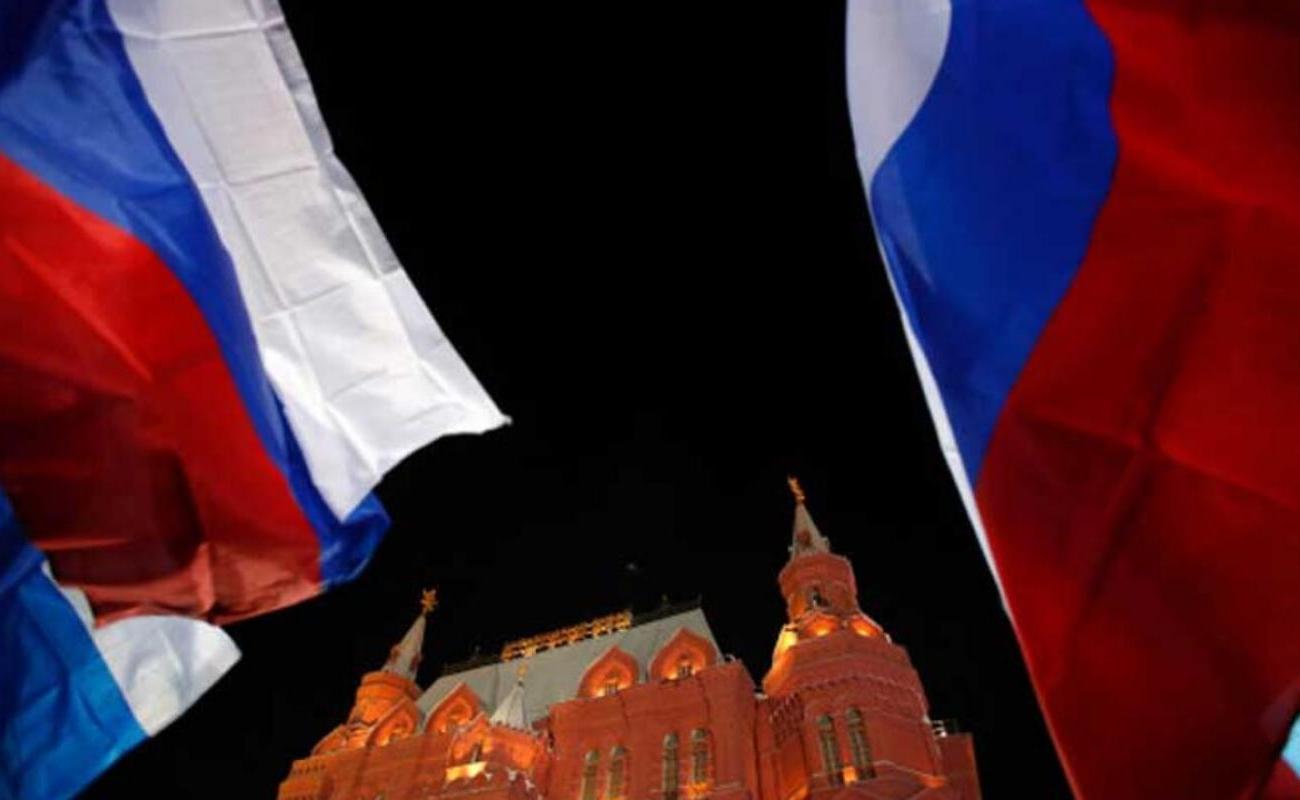Russia's war against Ukraine has devalued the "soft power" of the Kremlin

The examples of Georgia and Moldova show that Russia has problems with "soft power" that it uses to advance its interests. But the Kremlin should not be ignored at all, warns political scientist Ivan Preobraženski.
Moldovan police say they managed to prevent Russia and its agents from turning mass social protests into a coup last weekend. At the same time, the German media called the mass protests in Georgia, which forced the authorities of this republic to abandon the idea of adopting the identical Russian law on "foreign agents", "bad news" for the Kremlin. It turns out that good news has completely stopped reaching Moscow from the post-Soviet space, and the harsh statements of Margarita Simonyan, who threatens to bomb Tbilisi, are not a threat, but a reaction to their own impotence?
To "distract" from the Kremlin
Moldova has been in the Kremlin's zone of influence for decades and has no way to move away from it, despite the presence of neighboring, related Romania, which is now part of the European Union and NATO. Russia appears to consider Moldovans to be the unrecognized "Transnistrian Republic of Moldova" - a predominantly Russian-speaking region, on whose territory the Russian military occupied and controlled gigantic Soviet weapons depots back in the early 1990s.
For three decades now, as soon as the Kremlin's "hot eye" turns away from Moldova, the forces advocating for European integration come to power there. Then the pro-Russian parties come back again. Currently, the "Shor" party and the socialists are speaking with radical populist slogans, such as demands that the government pay utility bills to the population during the three winter months.
But this is the outside of the real Moldovan protest. On the other hand, the search with the confiscation of money imported from abroad, as the police say, for "subversive works", and emissaries from Moscow, especially from the private military group "Wagner", whom the Moldovans this time managed to drive away or bring in for the training of militant groups. Which, in all probability, were preparing to occupy the parliament and other government buildings.
As a result, this time the Russian intervention in Moldova had, in the end, quite the opposite effect for the Kremlin. Moldovan authorities began to help Ukraine even more actively, and President Maia Sandu went to Warsaw, met with US President Joe Biden there and received support, including financial, in the amount of more than 250 million US dollars.
Georgian "dreamers"
Georgia was once the first address in the long-forgotten bloc GUAM (Georgia, Ukraine, Azerbaijan, Moldova), which was supposed to become a counterweight to Russia in the post-Soviet space. Currently, former president Mikheil Saakashvili, hated by the Kremlin, is slowly dying in prison, and the government of the Georgian Dream party is allegedly controlled by billionaire Bidzina Ivanishvili, who made his fortune through cooperation with Russia. Russian oppositionists and journalists who are hiding in this country from persecution by the Kremlin, although they have not been extradited to their homeland, periodically refuse to let them into Georgia.
Georgia's rulers have tried to consolidate their monopoly on power by passing Russia's identical "foreign agents" law to crack down on the country's opposition and non-state civil sector. However, they did not succeed - even the president Salome Zurabishvili spoke out against it. Despite rumors about Russian "advisors" (the Kremlin and the Georgian authorities denied them), protests began to grow, people from other cities went to Tbilisi, and the draft law on "foreign agents", which had already been adopted in the first reading, was rejected.
Double defeat
The withdrawal of the Georgian authorities, based on the Russian experience, as well as the suppression of social reforms, but essentially pro-Russian protests in Moldova - two spectacular failures of the Kremlin's "soft power" in almost a few days. This is the reason to say that lately what Vladimir Putin and his entourage are doing is turning into something completely different from what was intended.
The main example is, of course, the criminal war of the Russian Federation against Ukraine. The attempt to organize a humanitarian disaster there in the winter period led to an even greater gathering of the Ukrainian people and to the procurement of heavy military equipment by NATO allies, which in the fall of 2022, it seems, was out of the question.
Well, Ukraine acts as a sobering example for other countries. Being in the Kremlin's sphere of influence means taking a risk, knowing that Putin and his associates will decide to annex your country at any moment. Russian "soft power" can always be followed by tanks. This weakens all agents of influence of the Kremlin, both in Georgia and in Moldova. Even ordinary citizens do not want a situation "like in Ukraine".
However, this is no reason to relax. If Putin wants to fight in Ukraine "for a long time", then the same strategy can be seen in the pressures on other post-Soviet states. The first miscalculation - and the Kremlin will continue its attack on the freedom and independence of those countries it considers independent.
